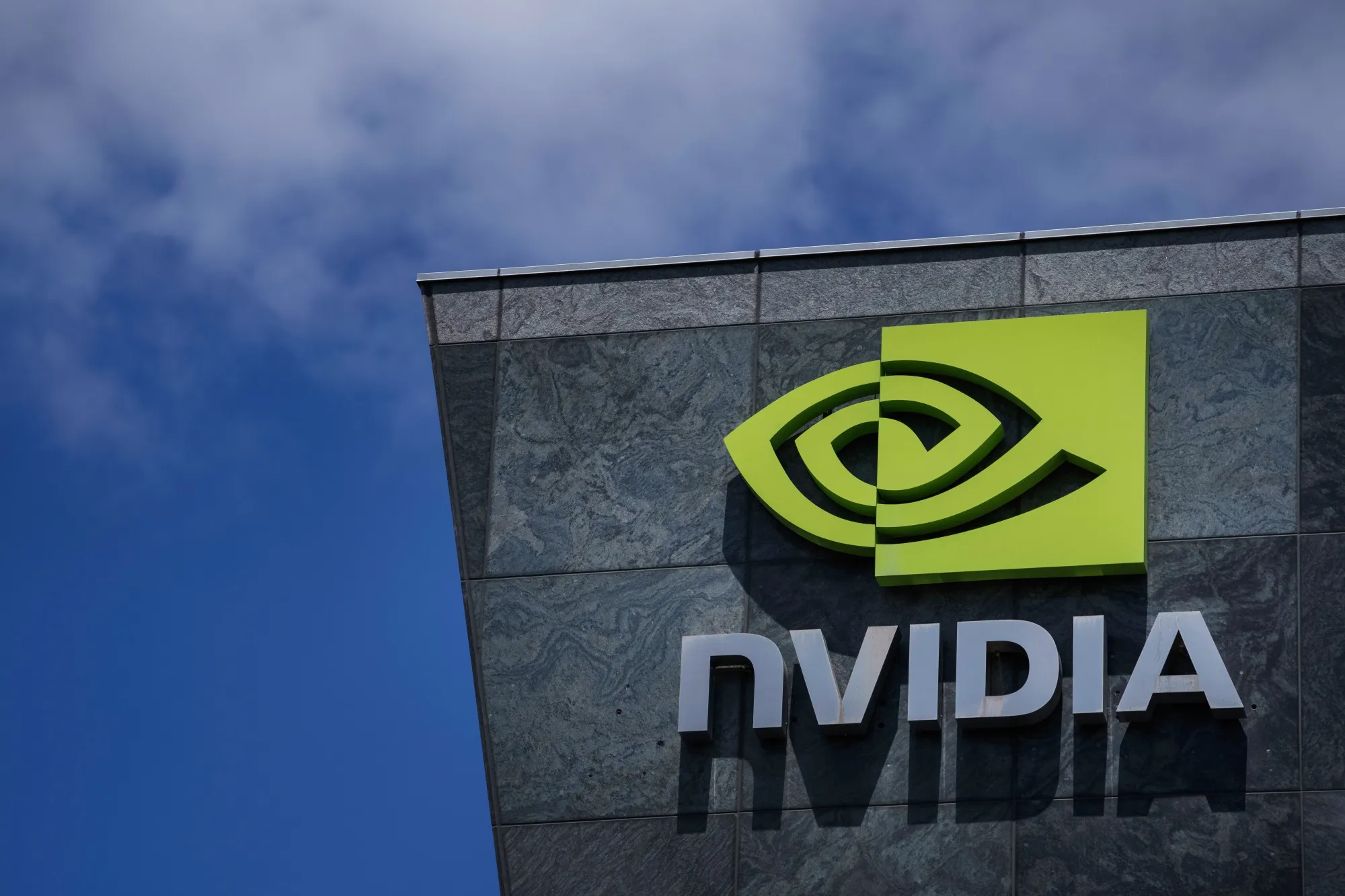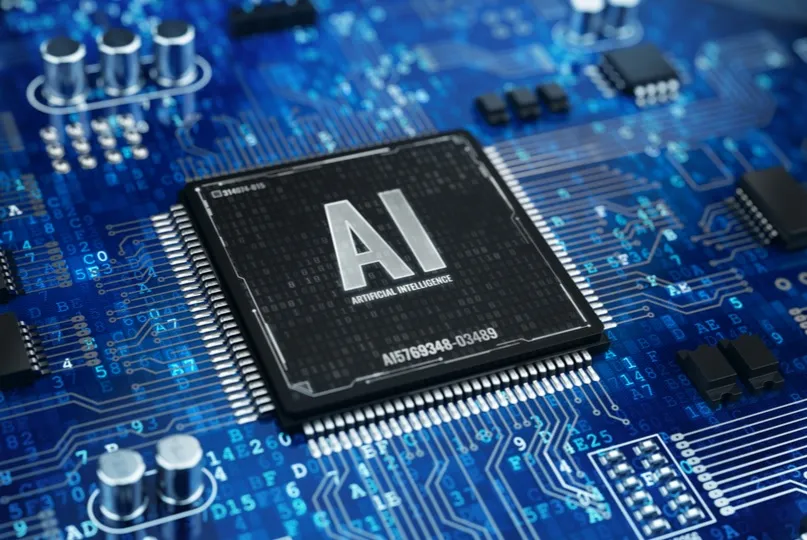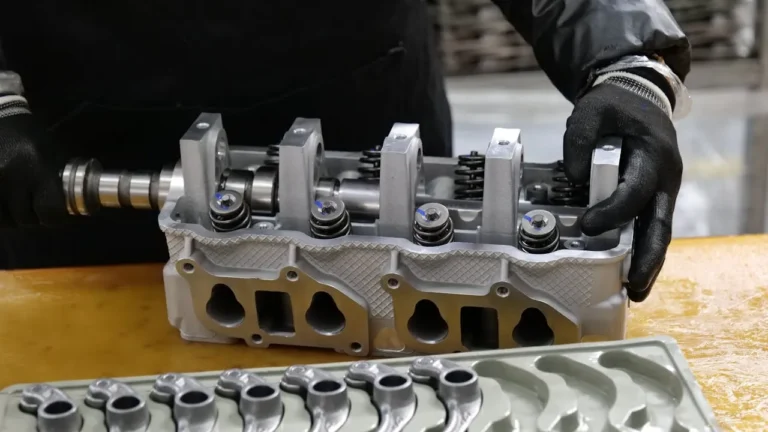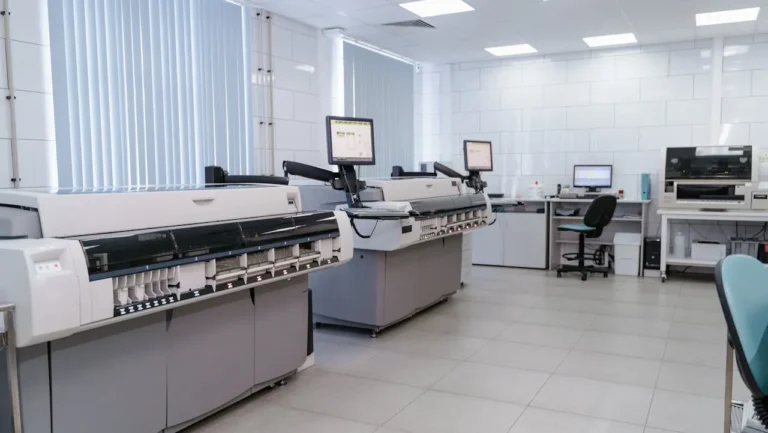
Positron Names AI Hardware Industry Veteran Mitesh Agrawal as CEO to Challenge Nvidia’s Market Dominance
Positron, an emerging leader in AI inference technology and artificial intelligence computing, has officially announced the appointment of Mitesh Agrawal as its new Chief Executive Officer. Agrawal, the former Chief Operating Officer of Lambda, brings with him a wealth of experience in AI cloud computing and infrastructure. His transition from Lambda—a company that has built deep integrations with Nvidia’s ecosystem—to Positron highlights the growing opportunities in the AI hardware industry to challenge Nvidia’s dominance and offer new, high-performance chip alternatives.
Agrawal’s impressive track record in scaling AI infrastructure companies makes him a strategic addition to Positron’s leadership team. At Lambda, he played a key role in expanding the company’s revenue from a modest $500,000 to nearly $500 million in annualized revenue run rate. Additionally, he was instrumental in securing substantial funding rounds, helping Lambda raise hundreds of millions of dollars. Over the course of his career, Agrawal has been involved in raising more than $1 billion in capital, cementing his reputation as a top-tier executive in the AI hardware and cloud computing sectors. His deep understanding of Nvidia’s product offerings—gained through years of working with the company—positions him as a formidable leader to drive Positron forward.
A Vision for Disruption in AI Hardware
Speaking about his new role at Positron, Agrawal expressed his excitement about disrupting the industry and providing much-needed alternatives to Nvidia’s GPUs.
“Joining Positron is an opportunity to reshape an industry that is in dire need of more competition and innovation,” Agrawal said. “The AI hardware market must evolve beyond the existing options, and I have seen firsthand that Positron is well-positioned to deliver an alternative that offers superior performance, better energy efficiency, and freedom from vendor lock-in.
Our Atlas systems, already available on the market, deliver a 3.5x performance-per-dollar improvement for transformer inference compared to Nvidia’s H100 systems. They also provide a 3x performance-per-watt advantage, with a roadmap to push these numbers even further. The best part? The system works seamlessly out of the box using Hugging Face transformer libraries with zero code changes.”
With Agrawal at the helm, Positron is poised to accelerate its momentum and further establish itself as a viable alternative to Nvidia’s GPU-powered AI infrastructure.

The Competitive Edge of Positron’s AI Hardware
Positron’s technological advancements have positioned it as a disruptive force in the AI hardware sector. The company’s first-generation Atlas systems are designed to outperform Nvidia’s GPUs in AI inference workloads, providing a threefold improvement in performance while consuming only a third of the power. With energy efficiency becoming an increasingly crucial factor in AI deployment—due to both environmental concerns and rising operational costs—Positron’s hardware offers a compelling alternative for data centers and enterprises looking to optimize their AI infrastructure.
Another key differentiator for Positron is its commitment to domestic manufacturing. Unlike many competitors that rely on overseas production, Positron’s Atlas systems are designed, fabricated, and assembled entirely in the United States. This gives the company a strategic advantage, particularly amid growing geopolitical tensions and supply chain disruptions that have impacted semiconductor availability worldwide. By keeping its manufacturing within U.S. borders, Positron ensures a more secure and reliable supply chain for its customers.
Leadership Transition: The Role of Thomas Sohmers
Thomas Sohmers, founder and former CEO of Positron, underscored the significance of Agrawal’s leadership appointment.
“Mitesh’s expertise and leadership come at a crucial time for both Positron and the AI hardware industry as a whole,” said Sohmers. “He understands what it takes to build and scale AI infrastructure at an unprecedented level. Having successfully grown one of the largest AI Neoclouds, Mitesh is well-versed in the demands of top AI customers. His decision to join Positron speaks volumes about his confidence in our ability to redefine the AI hardware market. With his proven track record of scaling companies and driving innovation, Mitesh will be instrumental in positioning Positron as the go-to alternative to Nvidia.”
Sohmers, who has been a driving force behind Positron’s rapid technological development, will continue to play a key role in the company’s strategic direction.
The Growing Demand for AI Hardware Alternatives
Agrawal’s appointment at Positron reflects broader trends in the AI hardware market. As enterprises and cloud providers seek cost-effective and energy-efficient solutions for AI inference workloads, the demand for alternatives to Nvidia is growing exponentially. This shift is particularly evident following the disruptive launch of DeepSeek’s low-cost R1 model, which has accelerated the conversation around the need for better inference-time computing.
“DeepSeek’s success has proven that inference-time compute is the new scaling factor delivering tangible results for AI models, rather than simply training increasingly large systems,” Agrawal noted. “As user adoption of AI skyrockets, the demand for efficient inference solutions will only increase—not just for serving end users, but also as a fundamental component of building, refining, and expanding the next generation of AI. This is where performance per dollar and performance per watt become absolutely critical.”
Positron’s approach to AI hardware is built around optimizing these key metrics. By focusing on specialized hardware that maximizes efficiency, the company aims to power advanced AI models while drastically reducing infrastructure costs and environmental impact.
A New Era in AI Hardware Innovation
As the AI industry continues to evolve, the importance of having diverse and competitive hardware options cannot be overstated. Nvidia’s near-monopoly on AI computing has led to growing concerns about pricing, availability, and flexibility in AI deployments. Companies like Positron are stepping in to challenge this status quo, offering innovative solutions that prioritize both performance and cost-effectiveness.
“The AI hardware industry is at an inflection point,” Agrawal said. “At Positron, we are committed to delivering highly efficient, easy-to-use, and accessible chips that put customers back in control of their infrastructure. Our goal is to accelerate AI advancements at a faster pace and lower cost than ever before.”
Positron’s Expanding Market Presence
Agrawal’s appointment comes at a time of significant momentum for Positron. The company has been securing major deals with cloud computing and AI inference providers, further strengthening its market presence. As enterprises increasingly seek to diversify their hardware infrastructure and move away from complete reliance on Nvidia, Positron is well-positioned to capture a substantial share of the AI computing market.
With Agrawal leading the charge, Positron is set to push the boundaries of AI hardware innovation, providing enterprises with a high-performance, cost-effective, and energy-efficient alternative to Nvidia’s offerings. As the demand for AI inference computing grows, Positron’s strategic vision and technological advancements will be critical in shaping the future of AI infrastructure.
This leadership transition signals an exciting new chapter for Positron—one that could reshape the landscape of AI hardware and bring much-needed competition to the industry.




